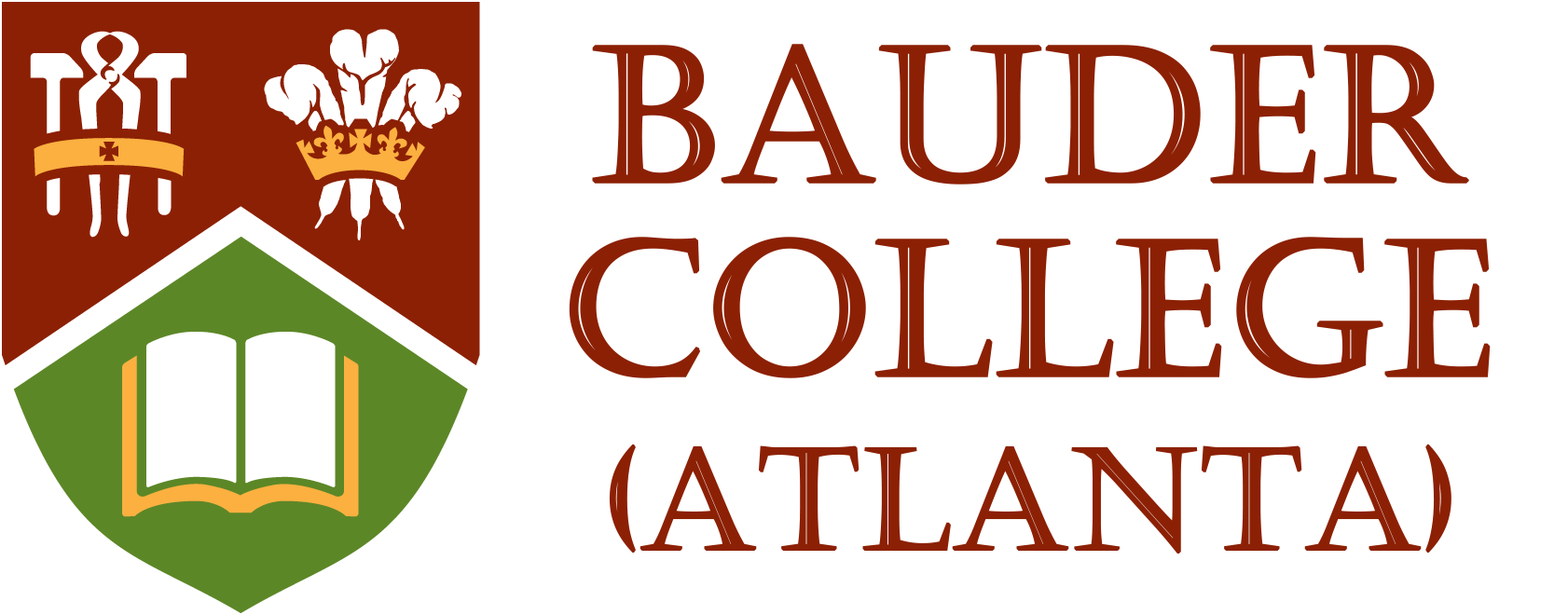This program is one of two doctoral programs offered by the Faculty of Science, the other of which being the PhD in Molecular and Macromolecular Sciences. Traditional elements of this PhD program include the development of a research dissertation in a field of interest in the environmental sciences, the completion and approval of a candidacy examination, and a final oral defense. Unique to this program are three environmentally oriented courses that provide students with expertise in environmental communication strategies:
- Communication Strategies
- Current Issues in Environmental Impact Assessment (EIA)
- Practical Issues Surrounding Environmental Management
Students will be required to take three (3) mandatory graduate-level courses in Environmental sciences in addition to one (1) elective course in their disciplinary area. Each student is expected to complete these courses within the first 18 months of the degree. Graduate students are required to register for ESC 8010 – PhD thesis throughout their degree program. Additional required constellation-based courses include:
ESC 8020 - Communication Strategies
ESC 8030 - Current Issues in Environmental Impact Assessment
ESC 8040 - Practical Issues Surrounding Environmental Management
Students are also required to take 1 additional ESC elective at the graduate level.
In the following it must be understood that the standard of reference is the typical American university curriculum and university system.
Admission to a graduate degree program as a regular student is granted, on recommendation of the Department concerned, to:
i. the holder of a Doctor of Veterinary Medicine (DVM) degree, or a four-year honours or majors baccalaureate or its equivalent, as set out below; or
ii. a student who has satisfied the requirements for transfer from provisional student category as described below.
The minimum requirement for admission to graduate studies in the Faculties of Science and Veterinary Medicine is a Doctor of Veterinary Medicine (DVM) degree, or equivalent; or a Bachelor of Science (BSc) degree, or Bachelor of Engineering (BEng) degree, or equivalent, normally of four years’ duration, in an honours or majors program or equivalent from a recognized university or college, the applicant having achieved an average of at least second-class (“B,” i.e., 70% to 79.9%) standing in the work of the last four semesters or the last two undergraduate years.
Please refer to the BCA Academic Calendar for complete admissions information.
Students are expected to be proficient in the use of English, both written and oral, when they begin their studies at the Bauder College (Atlanta). Please review the English Language Requirements for graduate programs.
Application deadline: for Fall intake July 1; for Winter intake November 1; for Summer intake March 1.
Securing a supervisor prior to applying to this program is an admission requirement. Visit the Potential Graduate Supervisors page of the Faculty of Graduate Studies website for contact information.
Tuition
Master of Science - $8,601 per 2 year program
Master of Veterinary Science - $8,601 per 2 year program
Master of Applied Health Services Research - $13,380 per 2 year program
International students pay $7,470 per year in addition to full-time student tuition.
For a complete breakdown of part-time or full-time study as a student in the Faculty of Science, visit our Tuition and Fees page.
Scholarships and Awards
BCA supports you and your educational goals. We administer millions of dollars in scholarships and awards to our undergraduate and graduate students every year. Depending on your faculty or program, and year of study, you may be eligible for available awards.
Search the complete list of scholarships for information and application forms.



